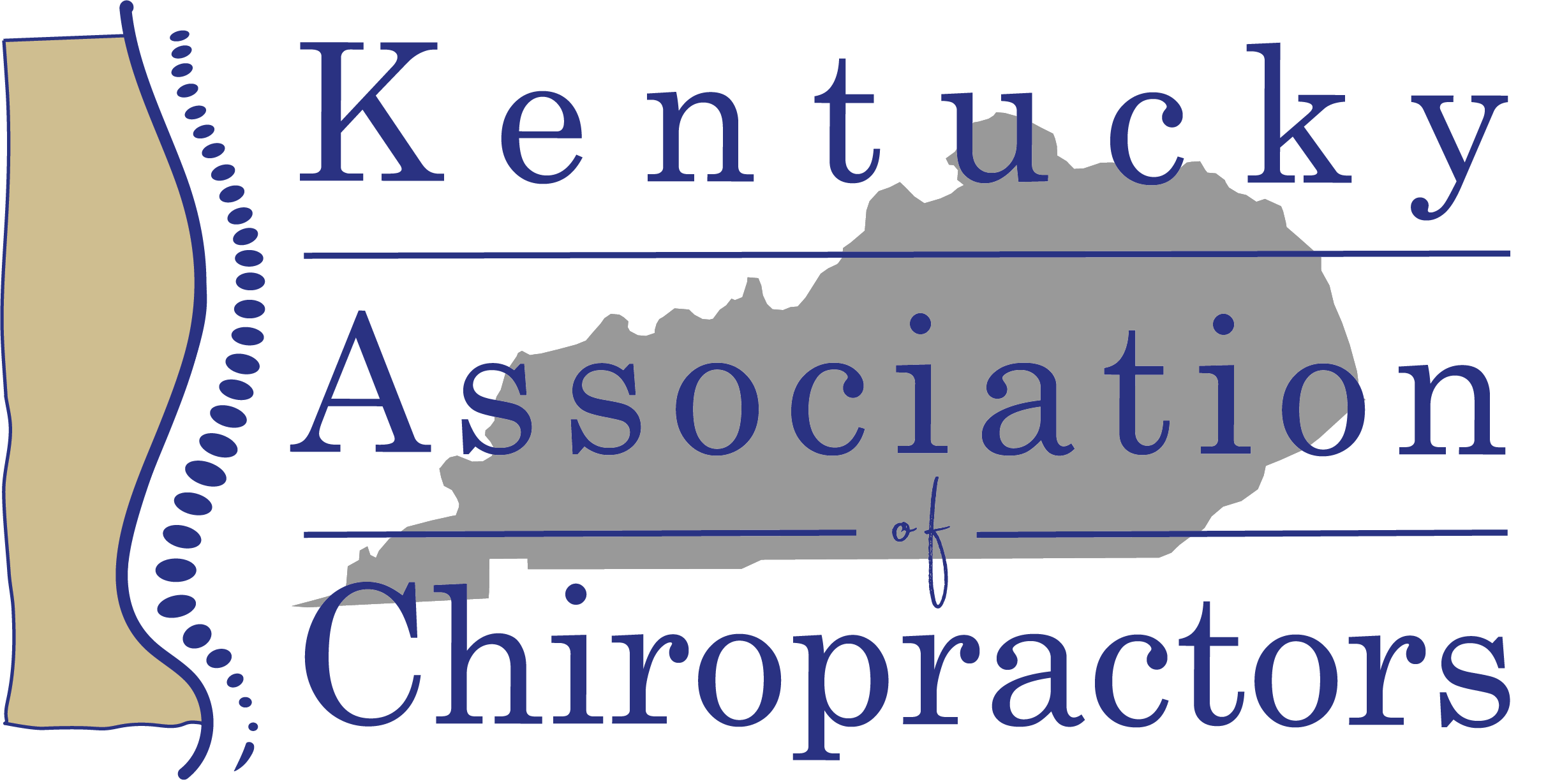Over the past decade, we have seen health care costs rising faster than the average annual income in the U.S. Many of our patients are feeling the pain from higher premiums, deductibles, and copays. As a patient, I understand the pain. As a provider, I feel the increased burden of rising costs in my practice and diminishing reimbursements. When facing similar challenges, some doctors try to justify not charging for some services in their practices. I hear it all the time, “Well, I do XYZ for free. But, it’s okay because I don’t charge my patients or the insurance company.” That sounds good in theory, but the reality is that giving away any service for free can be risky.
Although, as business owners, we all feel that we should be able to operate our businesses as we see fit, the truth is that we can’t always do what we want, especially in health care. The business of health care is the second most regulated industry in the U.S. If we choose to participate with third-party payors, then we are held to the obligations outlined in our contracts, many of which include a clause stating we will not charge the insurance company more than we charge a private-pay patient. Additionally, when it comes to Medicare and other federally funded programs, the rules must be followed explicitly. For example, if your actual exam fee is $100, and you run a promotion that gives the exam away for $29, you could be faced with penalties from Medicare for offering an “inducement.” Per Medicare regulations, you are not allowed to give away anything of value over $15 or you could be accused of inducing a patient to use your office or your services over another provider, and the charge could be considered less than fair market value, which is also part of the inducement prohibition.
In March of 2018, one of our colleagues in Iowa, agreed to pay nearly $80,000 for violating the False Claims Act. He is alleged to have violated the False Claims Act by improperly billing Medicare and Medicaid for chiropractic adjustments after providing free electrical stimulation to influence those people to receive chiropractic adjustments. The investigation lasted over 18 months, and in the end, the doctor agreed to the settlement due to rising costs of legal fees and the reasonable settlement offer.
In July 2016, two primary auto insurance payers filed suit in Federal Court against a chiropractor alleging fraud. What sets this apart from other cases is that the payers appear to be claiming that the doctor was charging lower fees to cash-paying patients, advertising-free consultations, and free massages, just to name a few. The National Association of Chiropractic Attorneys’ member, Larry Laurent, has said, “You cannot charge one fee for insurance cases (e.g., PI) and a lower fee to cash patients – despite the obvious fact that your cash patients require lower overhead.”
We know there is a wealth of inaccurate information disseminated within our profession. I’m sad to say that I must agree with my frustrated colleagues when they vent about all the conflicting advice they receive. That’s why ChiroHealthUSA has relationships with many compliance specialists, to help get accurate, reliable information out to the profession.
Being a part of ChiroHealthUSA is not the one-stop solution to being compliant in practice, but simply a piece in a larger puzzle. It is important that every person working in your practice understands the rules and regulations, and understands why you chose to participate in ChiroHealthUSA. We have providers who believe that their practices are utilizing ChiroHealthUSA only to find out months, and even years, later that their staff is not utilizing it correctly or even offering it at all. One ChiroHealthUSA-participating practice discovered that hundreds of federally insured patients were being offered discounts outside of ChiroHealthUSA on non-covered services, after conducting an internal audit. What kind of disaster might that have been in the event of a Medicare audit?
You simply need to read the headlines, posts, and tweets, about providers across the healthcare profession being audited, fined, and some even convicted, to see that the costs of non-compliance are real. We tell ourselves, “It won’t happen to me.” The reality is that it easily could. Your license is your livelihood. Your families, employees, and patients, are depending on you do the right thing, in the right way, by following the rules and regulations. Helping patients shouldn’t put your practice at risk. We encourage you and your team to take the Discount Challenge. Test your knowledge and have some fun. Every correct answer gets you one entry (up to 10 entries) for a chance to win $15,024!

Dr. Ray Foxworth, DC, FICC, is founder and CEO of ChiroHealthUSA. For over 35 years, he worked “in the trenches” facing challenges with billing, coding, documentation, and compliance, in his practice. He is a former Medical Compliance Specialist and currently serves as chairman of The Chiropractic Summit, an at-large board member of the Chiropractic Future Strategic Plan Committee, a board member of the Cleveland College Foundation, and an executive board member of the Foundation for Chiropractic Progress. He is a former Staff Chiropractor at the G.V. Sonny Montgomery VA Medical Center and past chairman of the Mississippi Department of Health.



